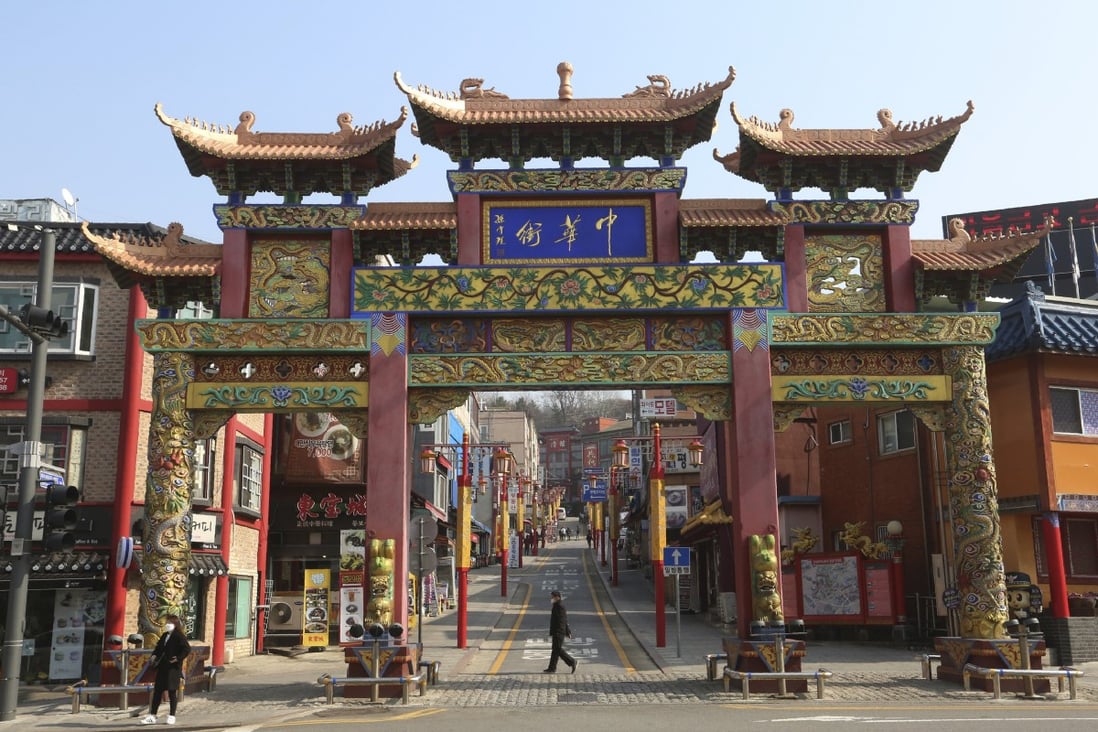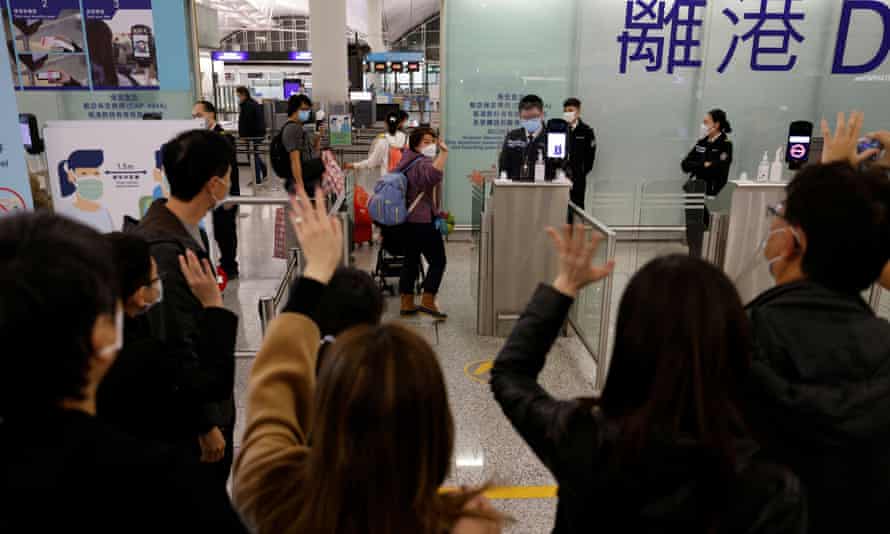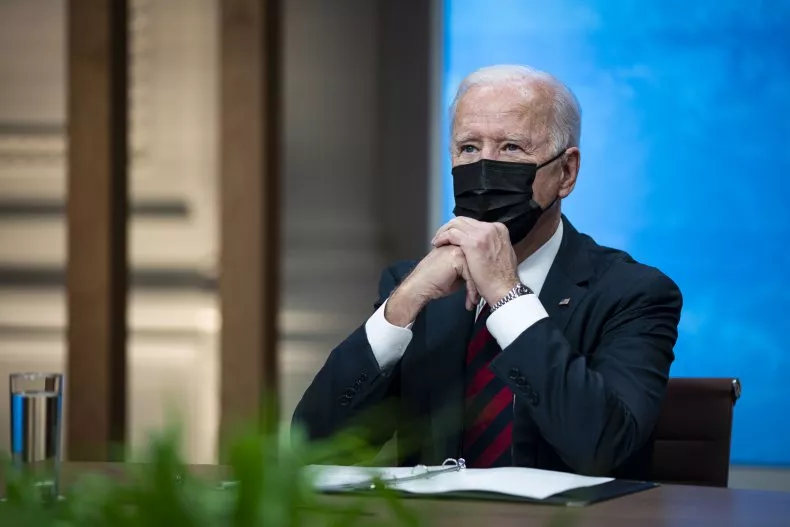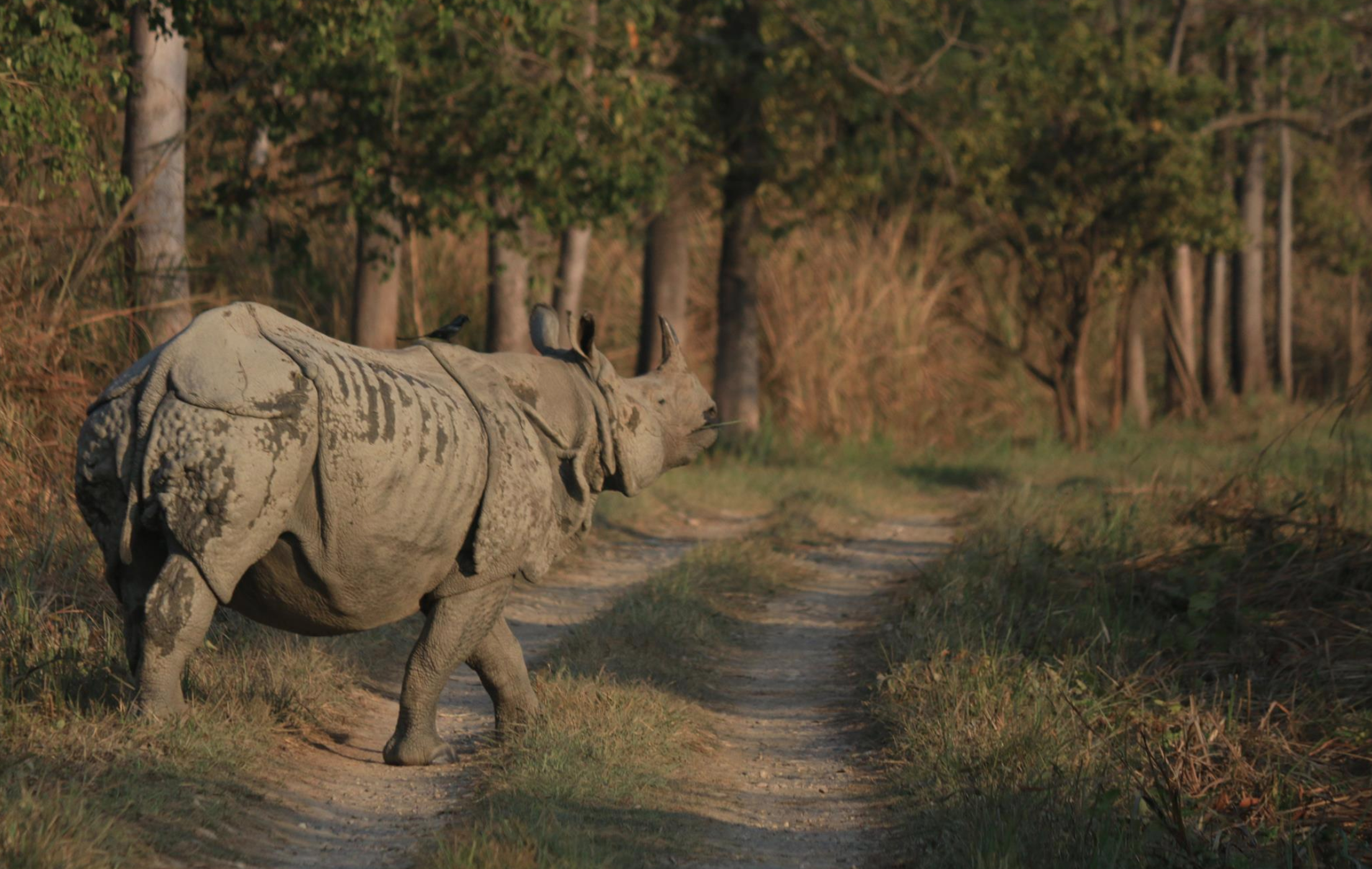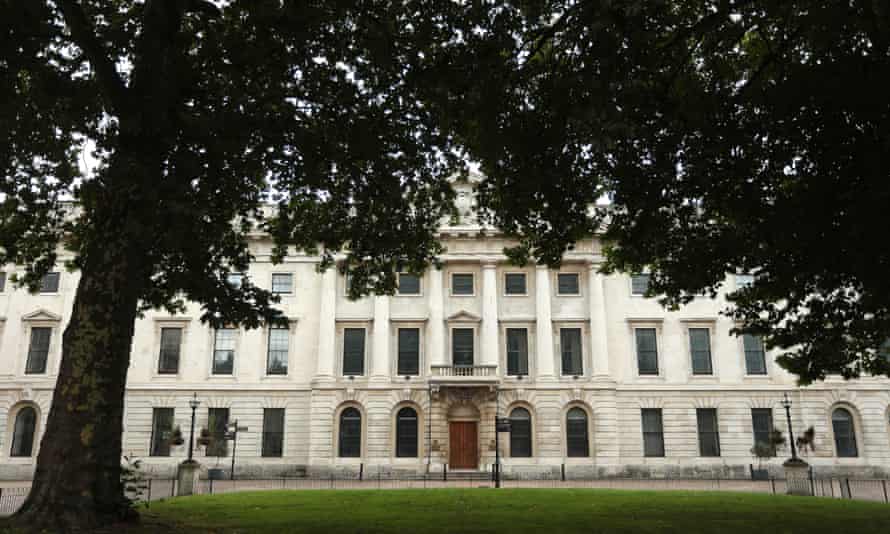Unnatural deaths have taken the lives of 72 mainland billionaires over the past 8 years...15 were murdered, 17 committed suicide, 7 died from accidents and 19 from illness. 14 were executed. (Welcome to China.)"By Ray Kwong
Apparently, one Chinese billionaire dies every 40 days:...







